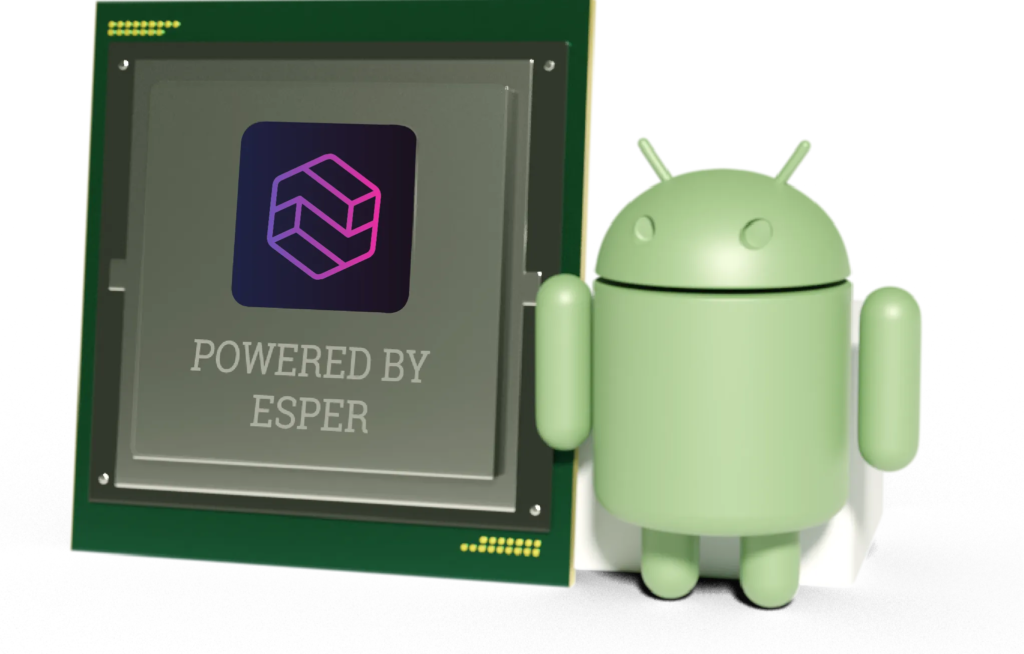Lenovo’s approval is in place to unveil a range of novel enterprise-centric devices, boasting the Esper Foundation, a tailor-made Android OS, and bundled with an accompanying mobile device management (MDM) platform.
The inaugural product to feature the Esper Foundation is the Lenovo ThinkCentre M70a, an all-in-one desktop PC powered by a potent 12th-Gen Intel Core i9 CPU, 16GB DDR4 RAM, and a capacious 512GB SSD. Subsequently, the Lenovo ThinkCentre M70q, M90n-1 IoT, and ThinkEdge SE30 v2 devices are set to roll out by the close of 2023.

Esper Foundation, which leverages Android 11 as its foundation, offers the flexibility of customizable branding, compatibility with various peripherals, regular quarterly security updates, and an extended three-year support commitment. In parallel, the MDM system enables remote deployment, management, and updates through a unified interface.
When NewForTech inquired about Lenovo’s preference for Android over Chrome OS, Johanny Payero, Lenovo’s Director of Global Advanced Solutions Marketing and Strategy, elucidated, “The Esper solution is grounded in Android, tailored for device management on Android OS running on x86 platforms. This presents a unique opportunity for Lenovo to cater to this market. Our specific target segments encompass retail, hospitality, and digital signage appliances within these industries. These segments predominantly feature Android-based deployments requiring a high degree of customization.”
What’s the impact on Windows and ChromeOS?
Lenovo’s bet on Esper Foundation OS as an alternative to Windows and ChromeOS is a noteworthy development.
Research by 451 revealed a growing interest in using Android on x86 CPUs, with almost 90% of respondents indicating this preference. However, the lack of support for this platform was evident.
Johanny Payero stated, “This collaboration is another step in Lenovo’s effort to meet evolving customer demands in various industries, including retail, hospitality, and healthcare.”
Esper’s platform presents an opportunity to challenge Windows, particularly in niche sectors like retail, hospitality, and healthcare, which are Esper Foundation’s primary focus.
Furthermore, Google’s Android could potentially overshadow ChromeOS if it gains traction. While Lenovo still offers ChromeOS-powered devices, success in the Android-based market may inspire other manufacturers like Dell and HP to pursue agreements with Esper or similar platforms. This could gradually erode ChromeOS’s market share.

